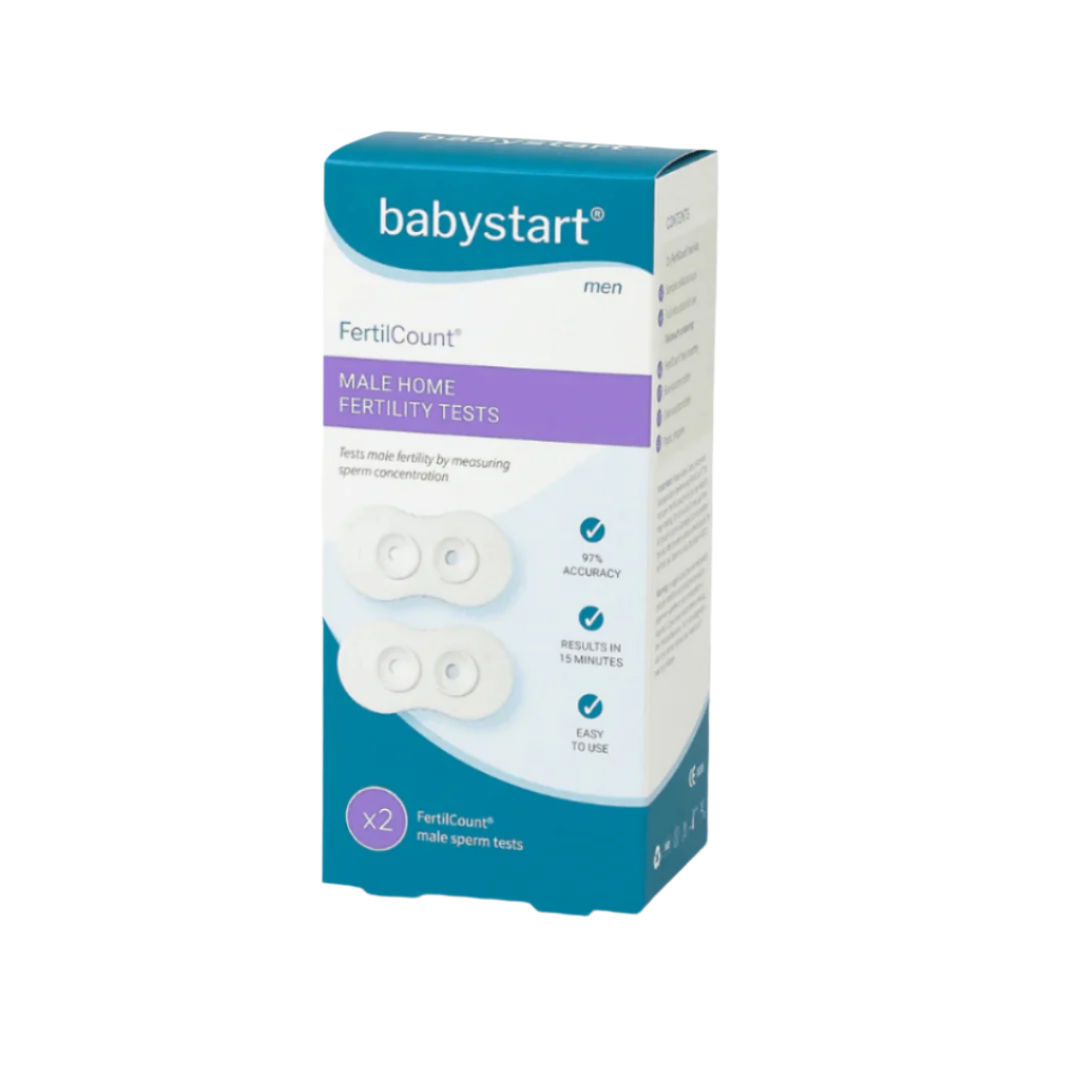Introduction:
For many individuals and couples facing infertility, accessing fertility treatment can be a ray of hope on their journey to parenthood. In the United Kingdom, the National Health Service (NHS) provides funding for fertility treatments such as in vitro fertilization (IVF) and intrauterine insemination (IUI). However, this funding is subject to specific criteria and availability, and navigating the process can be complex. In this blog, we'll explore the criteria for accessing funded fertility treatment in the UK and discuss the barriers that individuals may encounter along the way.
Criteria for NHS-funded Fertility Treatment:
The criteria for accessing NHS-funded fertility treatment vary across different regions of the UK, as each Clinical Commissioning Group (CCG) sets its own eligibility criteria. However, there are common guidelines that most CCGs adhere to when determining who qualifies for funded fertility treatment. These criteria typically include:
Age:
There is often an age limit for accessing NHS-funded fertility treatment, with most CCGs providing funding for individuals under a certain age threshold (e.g., usually between 23 and 42 years old for women). Age limits may vary slightly between regions.
Duration of infertility:
Individuals must have been trying to conceive naturally for a specified period (usually around 2 years) before becoming eligible for NHS-funded fertility treatment. This criterion helps ensure that those with genuine infertility issues are prioritised for treatment.
Diagnosis:
A medical diagnosis of infertility or certain fertility-related conditions, such as blocked fallopian tubes or severe male factor infertility, is typically required to qualify for NHS-funded treatment.
Lifestyle factors:
Some CCGs may consider lifestyle factors such as smoking and body mass index (BMI) when assessing eligibility for fertility treatment. Individuals may be required to make lifestyle changes, such as quitting smoking or achieving a healthy weight, before being considered for treatment.
Previous children:
In some regions, individuals who already have children from previous relationships may be ineligible for NHS-funded fertility treatment, especially if their current partner does not have children.
Barriers to Accessing Fertility Treatment:
While the NHS aims to provide equitable access to fertility treatment, several barriers may hinder individuals' ability to access funded care:
Postcode lottery:
Variations in funding criteria and availability between different CCGs have led to a "postcode lottery" scenario, where access to fertility treatment depends on where individuals live. Some regions may offer more generous funding options or have shorter waiting times than others.
Limited funding and long waiting lists:
NHS-funded fertility treatment is subject to budget constraints, leading to limited availability of treatment cycles and long waiting lists. This can result in significant delays for individuals seeking treatment, prolonging the emotional and financial burden of infertility.
Exclusion criteria:
Certain eligibility criteria, such as age limits and restrictions based on previous children, may exclude otherwise deserving individuals from accessing NHS-funded fertility treatment. This can be particularly challenging for those who do not meet the strict criteria set by their local CCG.
Emotional toll:
The process of navigating fertility treatment and facing potential barriers can take a toll on individuals' emotional well-being. The uncertainty, disappointment, and frustration associated with infertility and accessing treatment can contribute to heightened stress and anxiety.
Conclusion:
Accessing funded fertility treatment in the UK is governed by specific criteria set by individual CCGs, with variations in eligibility and availability across different regions. While the NHS aims to provide equitable access to fertility care, barriers such as postcode disparities, limited funding, and strict eligibility criteria can pose challenges for individuals seeking treatment. As we continue to strive for greater inclusivity and support in the realm of fertility care, it's essential to address these barriers and advocate for improved access to treatment for all individuals facing infertility.









